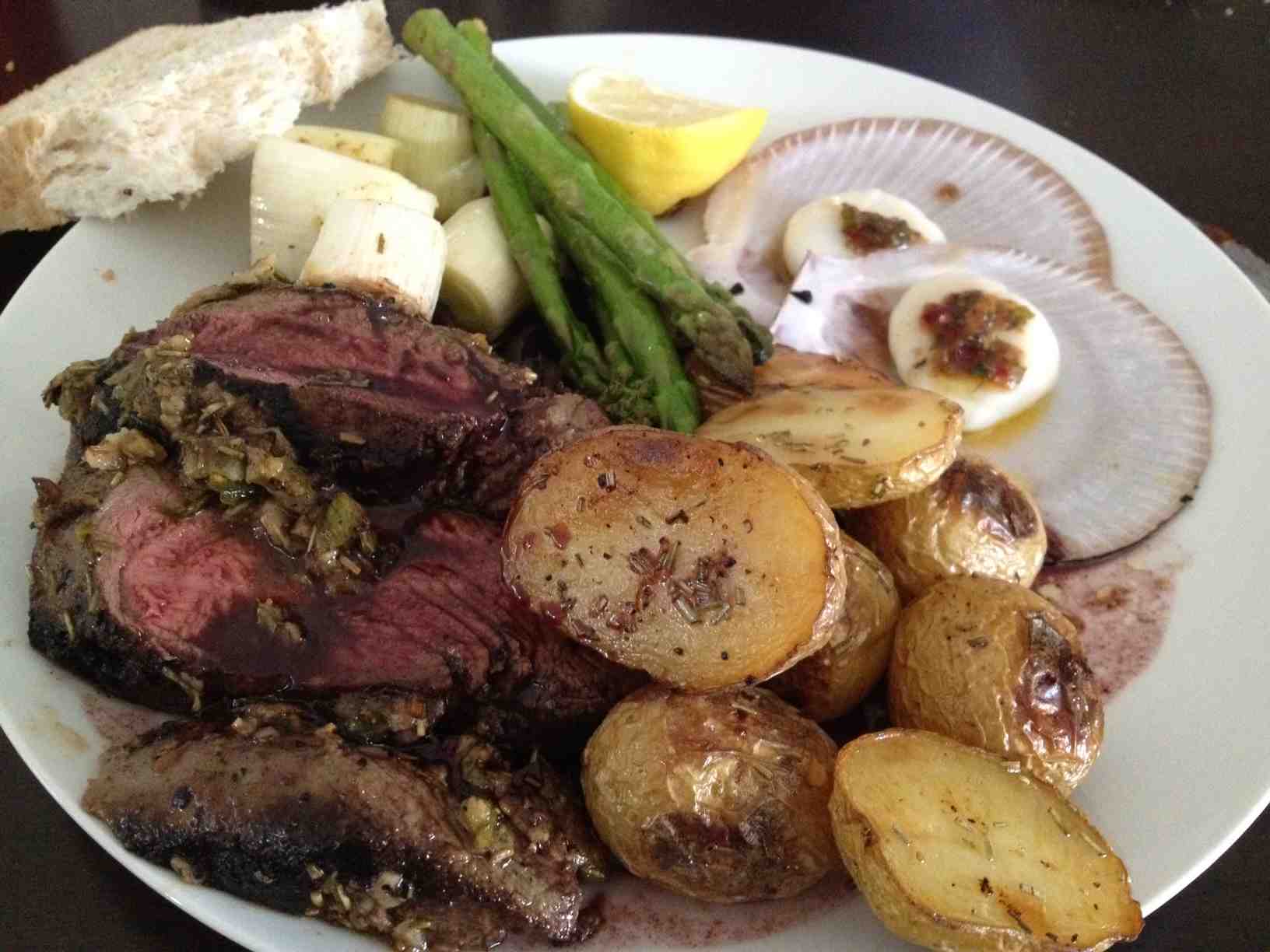If I ran a kitchen, hepatitis A would scare me the most. I could have hired a superstar employee, the world’s best handwasher, and still end up with lines outside my operation as folks get post-exposure shots.
I’d try to figure out a way to get everyone who worked for me vaccinated. And according to Murphy et al at CDC, vaccines really matter. Following an increase in vaccination recommendations and offerings in the U.S. rates of the illness declined ‘96.6% from 1996 to 2011 (from 11.7 to 0.4 cases per 100,000 population), and the number of reported cases decreased from 31,032 to 1,398, respectively.’
In the ongoing saga of hep A in Hawaii, where over 206 are ill following the consumption of contaminated raw scallops, the potential for secondary cases is emerging as food handlers in different settings are part of the case group. According to KRON4, a food handler in a school cafeteria has the virus.
The Hawaii Department of Health is investigating a case of hepatitis A involving a school cafeteria worker.
The patient worked at Kipapa Elementary School in Mililani and was in the cafeteria kitchen between Aug. 3-16.
The Department of Education says it’s complying with the investigation and the school will be preparing its meals off-site for the time being.
The principal sent home a letter to notify parents.
DOH officials say all students should have received a hepatitis A vaccine as part of routinely recommended childhood vaccinations.
Children who have not been previously vaccinated — a few dozen students — should be seen by their pediatrician.
Also on the list of secondary infection sources is a Hawaiian Airlines flight attendant who, according to the Hawaii Tribune Herald, is also part of the outbreak cluster.
The state Department of Health on Tuesday afternoon issued a precaution to passengers who were on the following Hawaiian Airlines flights:
• July 31 — Flight HA22 from Honolulu to Seattle.
• Aug. 1 — Flight HA21 from Seattle to Honolulu.
• Aug. 10 — Flight HA18 from Honolulu to Las Vegas.
• Aug. 12 — Flight HA17 from Las Vegas to Honolulu.
The flight attendant served in-flight food and beverages during each of the flights.
The DOH noted in a press release that risk of transmission from the Hawaiian Airlines flights is “extremely low.”






